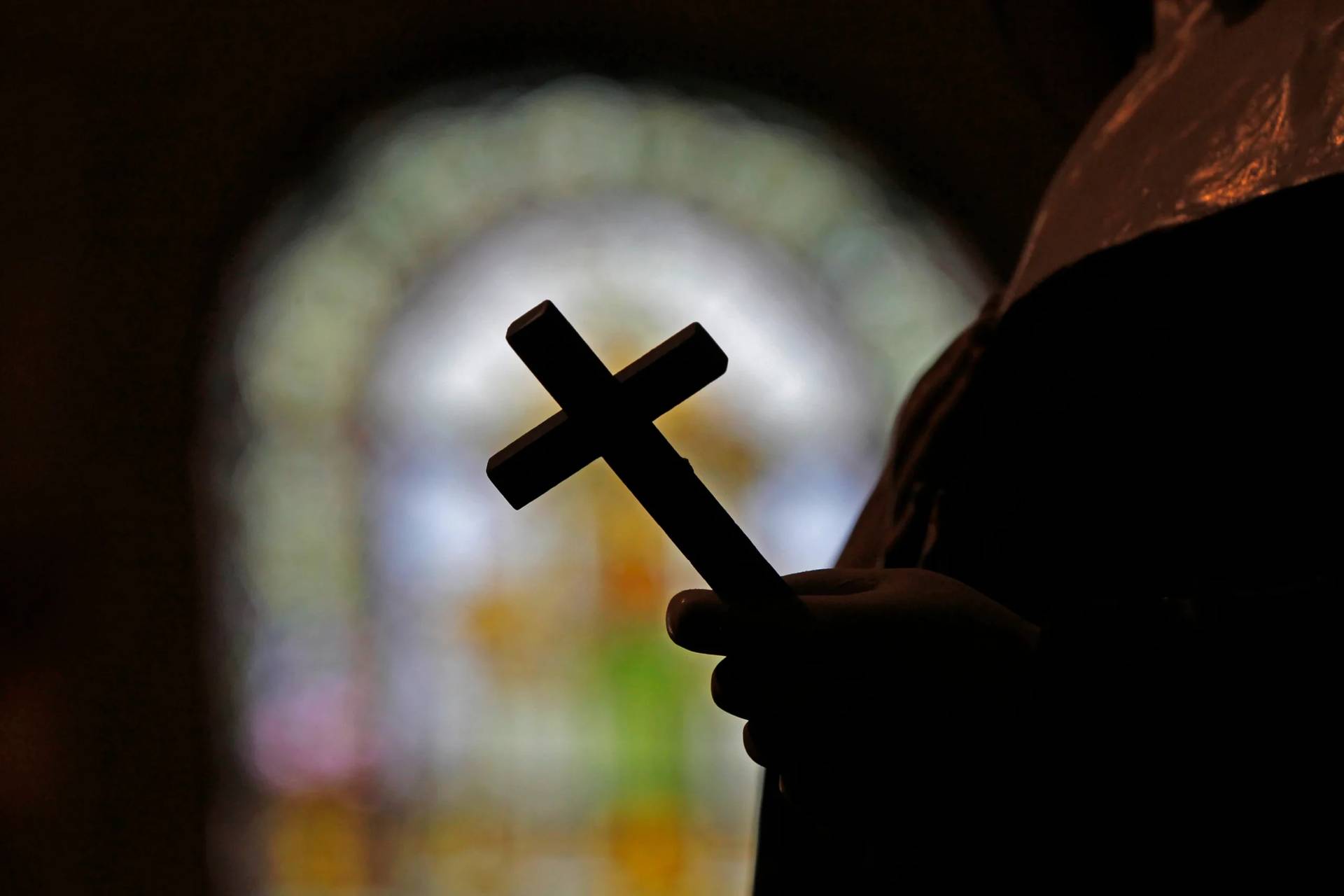WASHINGTON — Immigrant advocates, including Catholic organizations, launched a campaign July 13 to provide legal aid those who may need it, in case Congress, under the Biden administration, approves some type of reform.
“Ready to Stay,” the name of campaign by the national coalition of over 18 organizations, unveiled www.readytostay.org.
The website will provide news on immigration reform; prepare potential applicants for what they might be able to do before any laws are passed; and offer access to a national network of nonprofit legal service providers, including those in their area.
“The Ready to Stay coalition has high expectations that Congress and the Biden administration will finally deliver a pathway to citizenship for the 10.5 million undocumented immigrants that have lived and worked in this country, their home,” said Angelica Salas, executive director of Coalition for Humane Immigrant Rights and co-chair of the effort unveiled via Zoom.
“With these high expectations and the hopes and dreams of our grassroots leaders in mind,” she continued, “we embark in an unprecedented effort to be ready and build the community education and legal services infrastructure needed to deliver on any mass scale legalization effort.”
“Unless the infrastructure is there to link immigrants with programs to protect them and facilitate enrollment, whatever programs are adopted by the President or Congress will not achieve full impact without trusted partners across the country to implement policy change,” said the Catholic Legal Immigration Network Inc. in a July 13 statement.
Participants in the launch, which included Bishop Jaime Soto of Sacramento, California, board chair of CLINIC, said they hope to continue efforts to improve a network that began when Congress, in the mid-1980s, led by then President Ronald Reagan, passed laws that legalized, on a grand-scale, groups that had entered the country without permission to do so.
At least 3 million benefited from that last effort, which is referred to as “amnesty.”
“Those were uncertain times,” said Soto, explaining how U.S. bishops and Catholic organizations also took part in helping with the mass legalization effort back then. “We believe that can happen again.”
These efforts in the mid-1980s led to the beginning of CLINIC, now a nonprofit that serves as the legal support agency for diocesan immigration programs.
“With Congress and the White House working toward large-scale citizenship and legalization measures, this campaign is creating the infrastructure to help millions gain protection and enroll in programs that will lead to eventual citizenship,” said the CLINIC statement.
Some of those efforts include steering potential applicants away from misinformation or scams targeting migrants.
“In the age of mass disinformation, it’s important for vulnerable immigrant communities to have access to a trusted resource for the latest on immigrant reform and how to best prepare for potential changes to immigration law,” said Rodrigo Camarena, director of the Immigration Advocates Network, which is part of the campaign.
Bishop Soto said part of the preparation involves sensitive tax documents that can help potential applicants prove they were in the country during certain dates that will help them make the case for staying in the U.S. In some cases, church records, for those who attend church, can help, too, he said.
“There’s a lot of good reasons for going to church,” he said.
Anna Gallagher, executive director of CLINIC, said the organization embraces “the future legalization program that Congress will enact, and stands ready to help immigrants obtain their dream of full legal residency, U.S. citizenship and a permanent place in their permanent home, the United States of America.”














